It Is Well
Suffering, Faith, and God's Timing
If you have been in a Home Goods or Hobby Lobby in the last 10 years, you have likely come across a sign that reads "It is well with my soul." You might have one hanging in your house right now.
Would it shock you to know that my uncle was the one to write the hymn? It shocked me when I learned this a decade ago. What reads as a beautiful thought has a very tragic background.
I am going to warn you that this is a tough letter to write for me, as I have 2 young boys myself, and even though I am separated from this tragedy by more than 150 years, my heart still breaks.
I'm a bit of a history nut. I almost exclusively read historical non-fiction and biographies, and with this fascination for history, I have also spent a lot of time researching interesting characters in my own family. On my mother's side, I can trace my paternal line as far back as Colonel (some sources say Captain) John Spafford. Col. Spafford served under the command of Militia General Ethan Allen in a regiment known as the "Green Mountain Boys."
The Green Mountain Boys are notable because they were assisted by then-Colonel Benedict Arnold during the taking of Fort Ticonderoga.
His son was Horatio Spafford (the first). This grandfather of mine was married twice, the first marriage ending abruptly due to the death of my 6th great-grandmother. He remarried, however, and had Horatio Gates Spafford. Horatio is my 5th great-granduncle (according to ChatGPT when I uploaded the family tree from ancestry.com).
And Uncle Horatio has quite the story.
What would you do if you lost everything?
Your wealth, your business, potentially your home? What if all of that happened to you and then all four of your children meet an untimely departure? What would your faith look like in the middle of that kind of loss?
This happened to Uncle Horatio.
A horrible story of suffering, yet somehow also an amazing story of faith and God's mysterious timing. It's a story that runs through my own family line, connecting me to a man I've never met but whose legacy has touched millions of souls, potentially even yours, whether you know the story or not.
The Search for Origins
We all feel it, don't we?
That pull to understand where we come from, why we're here, what is the meaning of life?
Scripture tells us this is natural. Ecclesiastes 3:11 says God "has also set eternity in the human heart." That restless searching, that sense that we're part of something bigger than ourselves, is something that I believe is hardcoded into our DNA. It’s a desire to search out the King of the Universe.
This week that search led me deep into my family history, tracing lines back through generations, looking for the threads that connect us to the grand design of God's story. And the more I pulled at the threads of a story I already knew the more heartbreaking and hope-giving pieces I uncovered, and some amazing parallels.
The Spafford Legacy
Uncle Horatio was a wealthy Chicago lawyer and real estate investor. He was also a devout Christian, an Elder in his local church and a good friend of the famous evangelist D.L. Moody. He was living the American dream in 1870s Chicago, successful, faithful, surrounded by family. He and his wife Anna had been blessed with four children, and life seemed full of promise.
But sometimes God's story for our lives looks nothing like the story we would write for ourselves.
When Everything Falls Apart
In 1871, the Great Chicago Fire swept through the city. In a matter of days, Horatio's real estate investments and law practice were reduced to ash and rubble. The financial security he had built was gone.
Horatio and Anna were resilient people, rooted in faith. They began to rebuild. And in 1873, they planned a family trip to Europe. My assumption is that they were hoping a change of scenery might help heal their wounded hearts.
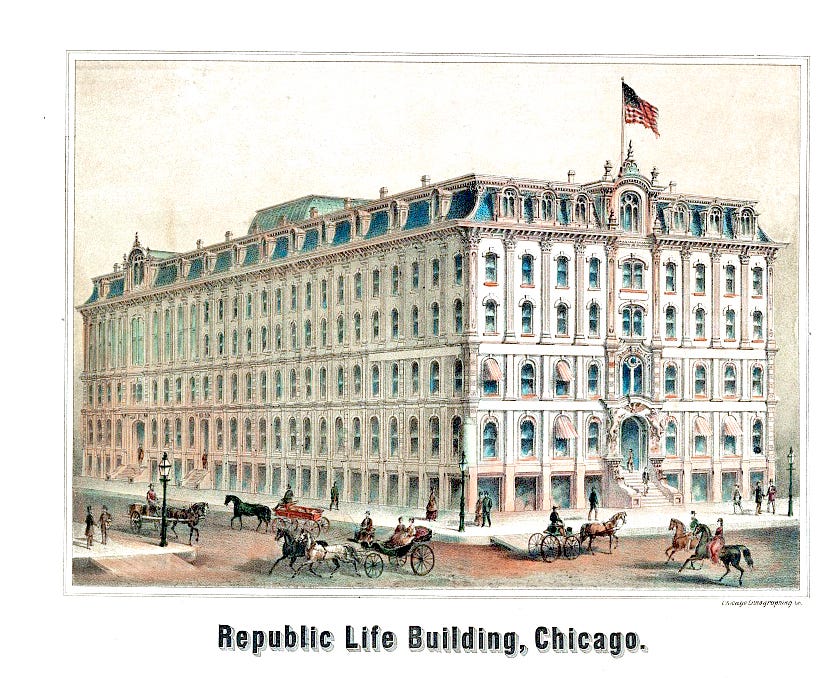
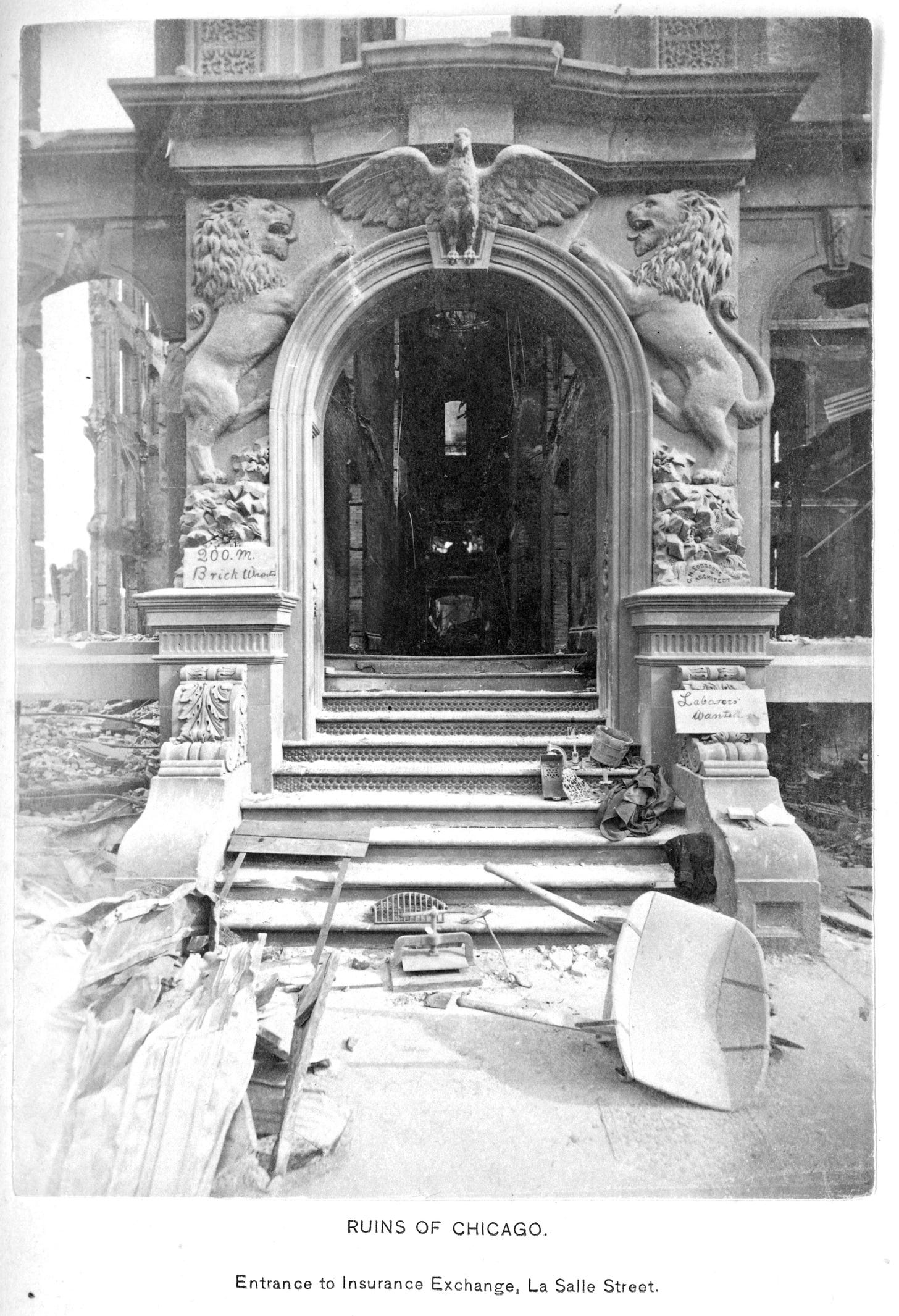
According to legend at the last minute, business matters required Horatio to stay behind in Chicago for just a little longer. So Anna boarded the French steamship Ville du Havre with their four daughters: Maggie, Tanetta, Annie, and Bessie.
On November 22, 1873 at 2:00AM in the middle of the Atlantic Ocean, on a clear night, their ship collided with another vessel. The Ville du Havre sank in twelve minutes.
Within 12 minutes, passengers were jolted awake by the collision and quickly came on deck, only to find the ship sinking rapidly.
Anna gathered her four daughters on the deck, praying that God would either spare them or make them willing to endure whatever awaited them. Despite her desperate efforts to keep them together, the two eldest daughters became separated in the confusion.
A wave then washed over the deck, pulling Anna under with her two youngest daughters. She held onto five-year-old Bessie until her strength gave out and watched two-year-old Tanetta disappear. In total, all four of Horatio's daughters drowned, and 226 souls perished in the disaster.
Twelve minutes.
In 12 minutes they went from being thrown from their berth to the ship disappearing beneath the waves.
That's barely enough time to process what's happening. Twelve minutes is not enough time to save everyone you love.
Anna survived, clinging to debris in the freezing water.
When she reached shore, Anna sent her husband a telegram that has echoed through history: "Saved alone. What shall I do?"
The Weight of Waiting
Try to imagine receiving that telegram. This was 1873 so there was no cell phones, no FaceTime, no voice calls across the ocean. Just stark black words on yellow paper: "Saved alone. What shall I do?"
The helpless pause between hearing the news and being able to hold the one you love. The questions that flood your mind in that space between knowing and understanding. The way grief makes time move both too fast and too slow.
I've felt that too, and if you haven’t, I pray you never have to.
We’re almost 2 years out from our “telegram,” but when my wife Taylor found a lump during a vacation that ultimately came with a cancer diagnosis, we waited for answers as well, staring at a digital portal, refreshing the page, hoping for news that would make our world make sense again.
Many nights spent angry at God, crying to myself, demanding why? How could He even allow the thought that I might lose my best friend!
Different circumstances than Horatio faced, but the same ache, the same fundamental question echoing in our hearts: "What shall I do?"
The Theology of Pain
This brings us to one of the hardest questions we face as believers: If God is good, and if God is powerful, why does He allow such devastating loss? Such devastating news? Why is he allowing this to happen?
The book of Job opens with a scene that makes many of us uncomfortable. God allows Satan to test Job, a righteous man who "feared God and shunned evil." Job loses his children, his wealth, his health. His friends tell him he must have sinned. His wife tells him to "curse God and die."
I have to wonder if Uncle Horatio, someone that had probably studied his bible cover to cover couldn’t help see the parallels in their stories?
But Job doesn't curse God. In his anguish, in his confusion, in his honest questioning of why he is being faced with this, Job ultimately worships.
C.S. Lewis called pain "God's megaphone to rouse a deaf world."
Sometimes the only way God can get our attention, and the attention of those watching our lives, is through suffering that strips away everything else.
Is this the answer for all pain? I don’t believe we can boil it down to one simple answer. We will never know why pain has to exist while we’re still on this side of Heaven.
We wrestle with the same questions Job did. We demand answers from a God whose ways are higher than our ways, whose thoughts are higher than our thoughts (Isaiah 55:8-9). But like Job, like Horatio, we have a choice, we can shake our fist at heaven, or we can fall on our knees in worship.
Faith That Writes Hymns in the Darkness
Horatio sailed to Europe to bring Anna home. As his ship passed over the spot where his four daughters had died the captain came to tell him, and something remarkable happened. Out of the ashes of unimaginable loss, out of a father's broken heart, came words that would comfort millions:
When peace, like a river, attendeth my way,
When sorrows like sea billows roll;
Whatever my lot, Thou hast taught me to say,
It is well, it is well with my soul.
A man who lost four children in the same night, his fortune in the years prior, his sense of security, standing over the watery grave of his daughters wrote, "It is well with my soul."
Not "It will be well." Not "I hope it will be well someday." But "It IS well."
That hymn has been sung in churches, at funerals, in hospital rooms, and around kitchen tables for over 150 years.
How many souls have found Christ because one man chose to worship in his grief?
How many have found comfort in their darkest hour because Horatio refused to let his circumstances define his faith?
Your story of faithfulness in suffering might be exactly what someone else needs to see to believe that God is real and that He cares.
God's Timing Is Not Our Timing
But God wasn't finished writing the Spafford story. Years later, after another death of a child (Horatio Jr. at age 4) Horatio and Anna moved to Jerusalem, giving up a life of material possessions for one of spiritual riches instead. In Jerusalem they established a community of believers.
According to sources and plenty of legend, Anna and Horatio ended up adopting a son while in Jerusalem. That son, Jacob Eliahu Spafford, grew up to become an archaeologist who made one of the most significant biblical discoveries of the 19th century, the Siloam inscription in Hezekiah's Tunnel, which aided in confirming the historical accuracy of 2 Kings 20.
But the story doesn't end there. Their daughter Bertha Spafford Vester was hurrying home on Christmas Eve 1925 to go with her husband and children to sing carols in Bethlehem. On the way she encountered a Bedouin who had traveled by donkey for six hours with his sick wife and their newborn baby. They had found the hospital closed to outpatients because of the Christmas feast. Bertha was greatly moved by their need and later said, "Here before me stood a rustic Madonna and babe, and, similar to Mary's plight, there was no place for them to stay."
Bertha arranged for the mother and child to be admitted to the hospital, but the mother died in the night and the father asked Bertha to care for the baby. Her concern led her to establish a "baby home," and later with funds from America, Bertha developed the site into a children's hospital with 60 beds and a surgical wing. For many years it was the only hospital for children in the Old City of Jerusalem.
Even in their grief, even in their loss, God was still writing their story. He was still weaving their pain into His larger purpose. The couple who couldn't save their own children raised a son who would help validate Scripture for generations of believers and built an amazing network and hospital that continues to serve families to this day.
What This Means for You and Me
Life will break your heart. That's not pessimism, that's reality in a fallen world. Jesus Himself told us, "In this world you will have trouble."
It might not be fair. It might not make sense. You might lose people you can't imagine living without. You might face circumstances that seem designed to destroy your faith rather than strengthen it.
But we serve a God who sees every tear, who collects them in a bottle. We serve a God who promises to work all things, not just the good things, but all things together for the good of those who love Him.
If Horatio Spafford could stand over the grave of his children and say "It is well with my soul," maybe, just maybe, you can find that same peace in your circumstances too.
Maybe your story of faith in the fire is exactly what someone else needs to see to believe that God is real. Maybe your hymn written in darkness will be the song that carries someone else through their night.
Here's what I know.
Our present sufferings are not worth comparing with the glory that will be revealed in us.
What we see as an ending, God sees as a transition. What we experience as loss, God sees as relocation.
I obviously never met Horatio, Anna, Maggie, Tanetta, Annie, or Bessie. But I look forward to the day in heaven when I can embrace them and say, "Thank you. Thank you for showing us what faith looks like when everything falls apart. Thank you for proving that our God is bigger than our circumstances."
And I look forward to a day when I can go to Jerusalem and visit the Spafford Children’s Center.
Millions have sung this hymn with no clue of the reasons behind it, but I am happy to think of all those who found support in their times of tragedy.
The Eternal Perspective
Whatever you're facing today, whatever telegram you've received, whatever diagnosis you're waiting for, whatever loss has left you asking "What shall I do?" Remember, your story isn't over. God is still writing. And if you'll let Him, He'll teach you to say, even in the storm, "It is well with my soul."
When peace, like a river, attendeth my way,
When sorrows like sea billows roll;
Whatever my lot, Thou hast taught me to say,
It is well, it is well with my soul.
"The righteous cry out, and the Lord hears them; he delivers them from all their troubles. The Lord is close to the brokenhearted and saves those who are crushed in spirit."
- Psalm 34:17-18


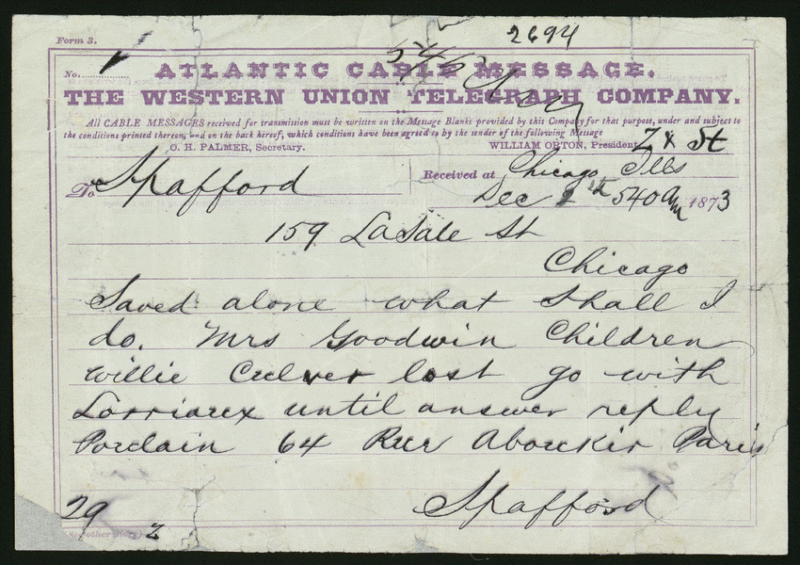
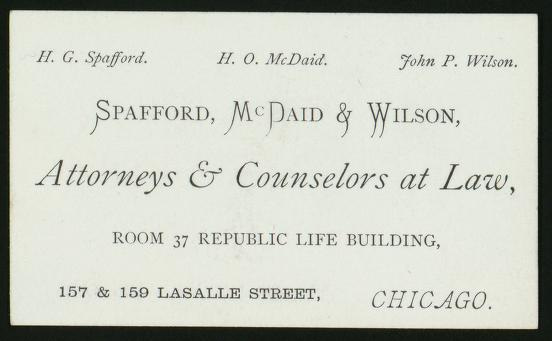
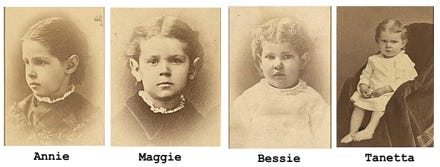
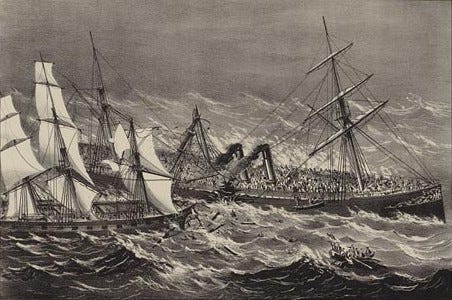
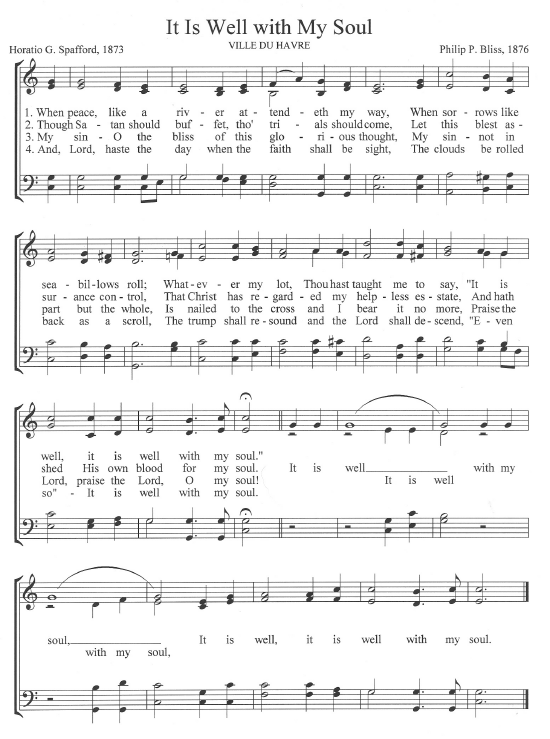
Listening to Chance read this story is awesome. Make sure you hit play and listen to his words and story. it's so good!